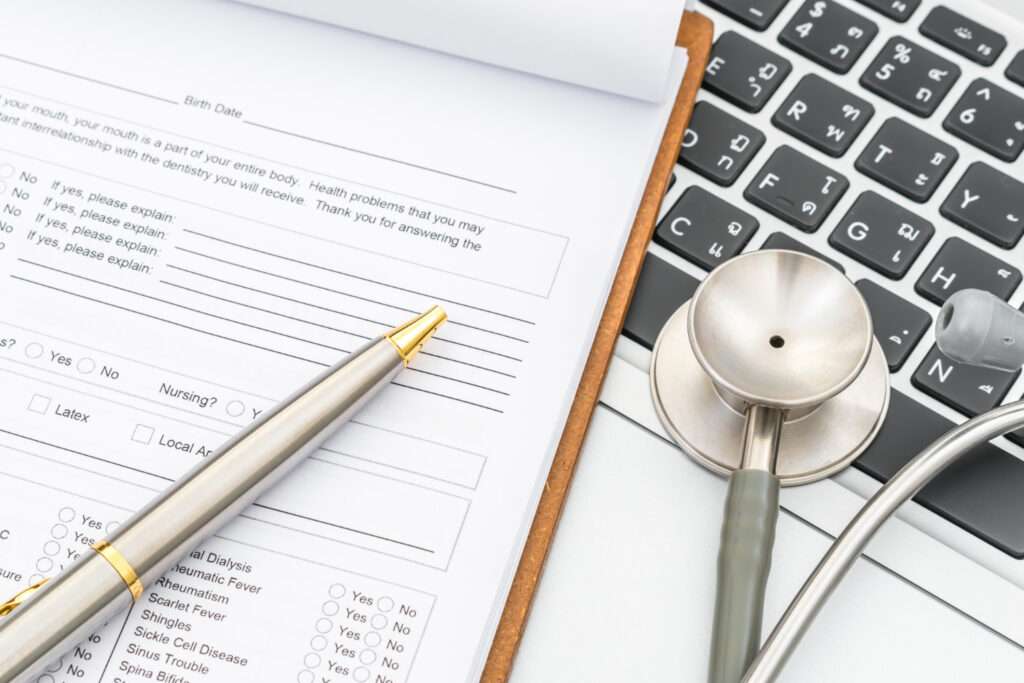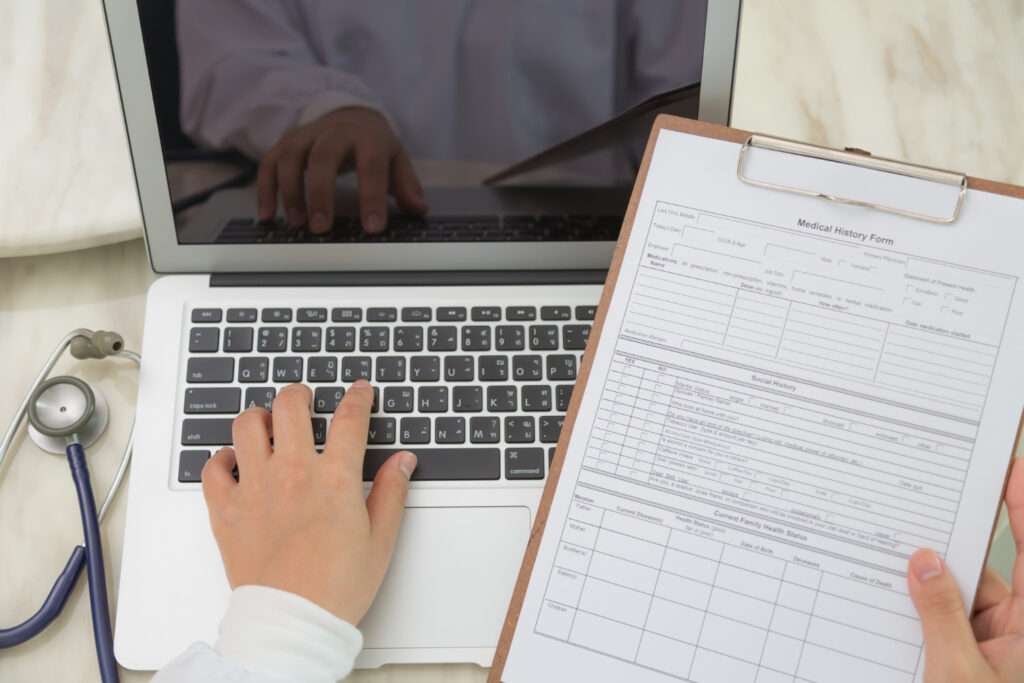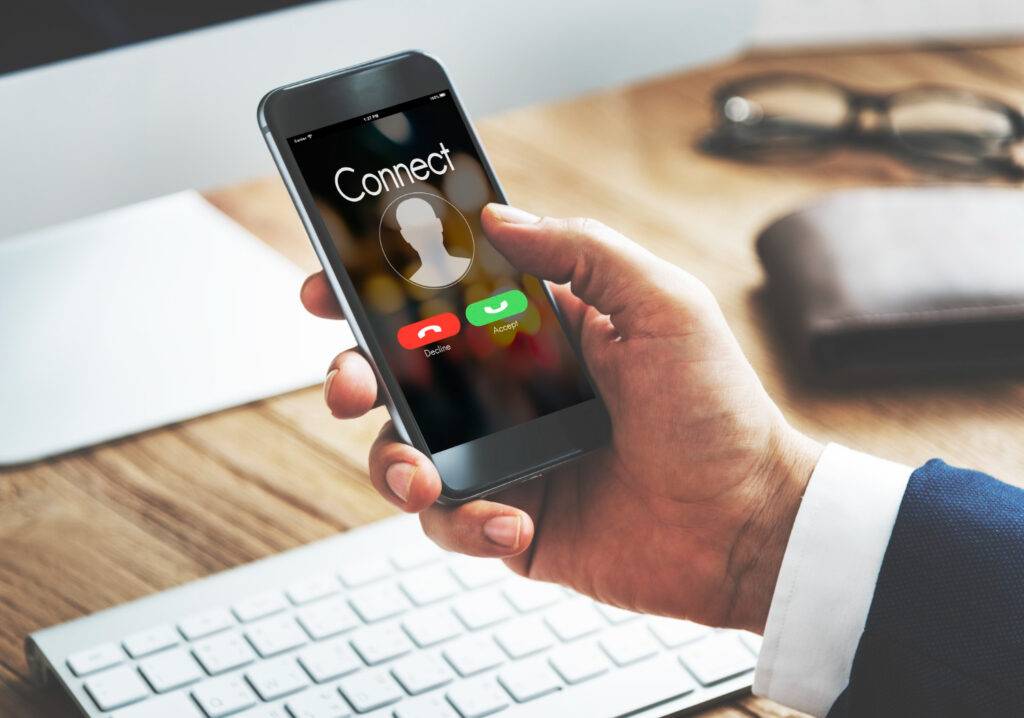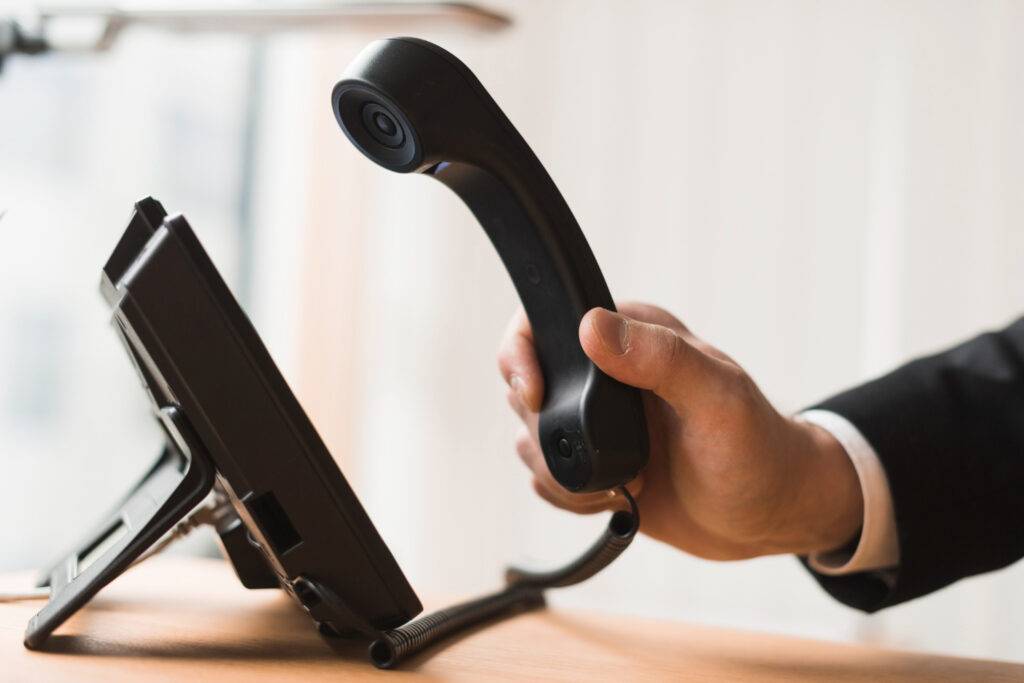Learn About
HIPAA Compliance in Billing




HIPAA Compliance in Billing
HIPAA (Health Insurance Portability and Accountability Act) compliance in billing is a critical aspect of managing healthcare operations, particularly in ensuring the privacy and security of patient information. HIPAA, enacted in 1996, establishes national standards for protecting sensitive patient information, known as Protected Health Information (PHI). Compliance with HIPAA is mandatory for all healthcare providers, billing companies, and other entities that handle PHI.

Understanding HIPAA and Its Relevance to Billing
Privacy Rule: This rule protects patients’ rights to privacy regarding their health information. It dictates how PHI can be used and disclosed by covered entities, which include healthcare providers, billing companies, and insurance payers.
Security Rule: The Security Rule sets standards for protecting electronic PHI (ePHI). It requires healthcare providers and billing companies to implement administrative, physical, and technical safeguards to ensure the confidentiality, integrity, and availability of ePHI.
Breach Notification Rule: This rule requires covered entities to notify affected individuals, the Department of Health and Human Services (HHS), and, in some cases, the media, if there is a breach of unsecured PHI.
Enforcement Rule: This rule provides guidelines for investigations into HIPAA violations and outlines the penalties for non-compliance, which can include hefty fines and other legal consequences.

Key Requirements for HIPAA Compliance in Billing
Authorization and Consent: Before billing or disclosing PHI, patient authorization must be obtained unless the disclosure is for treatment, payment, or healthcare operations. This includes obtaining consent for sharing information with insurance companies or other entities involved in the billing process.
Minimum Necessary Rule: When using or disclosing PHI, only the minimum necessary information should be shared to accomplish the intended purpose. This minimizes the risk of unauthorized access to sensitive information.
Data Encryption: ePHI must be encrypted both in transit and at rest to protect it from unauthorized access during electronic transmission or storage. This is crucial when billing information is shared between healthcare providers, billing companies, and insurance payers.
Access Controls: Implementing strict access controls ensures that only authorized personnel have access to PHI. This can include using strong passwords, multi-factor authentication, and role-based access to systems handling billing information.
Employee Training: Regular training on HIPAA compliance is essential for all employees involved in the billing process. This training should cover the importance of protecting PHI, how to recognize potential breaches, and the proper protocols for handling sensitive information.
Regular Audits and Risk Assessments: Conducting regular audits and risk assessments helps identify potential vulnerabilities in billing processes and systems. These audits ensure that all HIPAA compliance measures are being followed and that any gaps are addressed promptly.

Challenges in Achieving HIPAA Compliance
Authorization and Consent: Before billing or disclosing PHI, patient authorization must be obtained unless the disclosure is for treatment, payment, or healthcare operations. This includes obtaining consent for sharing information with insurance companies or other entities involved in the billing process.
Minimum Necessary Rule: When using or disclosing PHI, only the minimum necessary information should be shared to accomplish the intended purpose. This minimizes the risk of unauthorized access to sensitive information.
Data Encryption: ePHI must be encrypted both in transit and at rest to protect it from unauthorized access during electronic transmission or storage. This is crucial when billing information is shared between healthcare providers, billing companies, and insurance payers.
Access Controls: Implementing strict access controls ensures that only authorized personnel have access to PHI. This can include using strong passwords, multi-factor authentication, and role-based access to systems handling billing information.
Employee Training: Regular training on HIPAA compliance is essential for all employees involved in the billing process. This training should cover the importance of protecting PHI, how to recognize potential breaches, and the proper protocols for handling sensitive information.
Regular Audits and Risk Assessments: Conducting regular audits and risk assessments helps identify potential vulnerabilities in billing processes and systems. These audits ensure that all HIPAA compliance measures are being followed and that any gaps are addressed promptly.

Best Practices for Ensuring HIPAA Compliance in Billing
Develop a Comprehensive Compliance Plan: Create a detailed HIPAA compliance plan that outlines policies and procedures for protecting PHI, including protocols for data encryption, access controls, and breach notification.
Invest in Secure Billing Software: Use HIPAA-compliant billing software that includes features like data encryption, secure login credentials, and audit trails to track access to PHI.
Regularly Update Policies and Procedures: As technology and regulations evolve, it’s important to regularly review and update HIPAA compliance policies and procedures to address new risks and ensure ongoing compliance.
Engage in Continuous Training: Provide ongoing HIPAA training for all employees involved in the billing process, emphasizing the importance of protecting patient information and staying up-to-date with the latest compliance requirements.
Conduct Mock Audits: Performing mock audits can help identify potential vulnerabilities and prepare the organization for real audits conducted by regulatory bodies.


